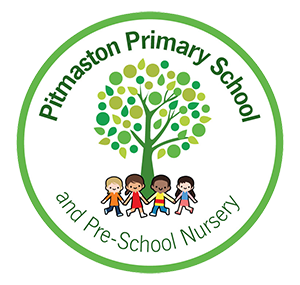History in Key Stage 2
Pupils in Key Stage 2 continue to develop a chronologically secure knowledge and understanding of British, local and world history, establishing clear narratives within and across the periods they study. They note connections, contrasts and trends over time and develop the appropriate use of historical terms. They regularly address and sometimes devise historically valid questions about change, cause, similarity and difference, and significance. They construct informed responses that involve thoughtful selection and organisation of relevant historical information. They understand how our knowledge of the past is constructed from a range of sources.
 In Year 3 and 4 learning and teaching builds on the knowledge and understanding, skills and attitudes outcomes at Key Stage 1 and the pupils make progress through being provided with opportunities to reach explanations (which means that their understanding is based on the clear use of evidence) and to form conclusions about historical events, issues and the actions of significant people that they have studied. We challenge and support our children to undertake historical investigations which enable them to use and apply appropriate and increasingly specialised subject vocabulary, concepts, skills and processes to recognise, identify, describe, observe, reason, explain and reach basic conclusions about historical events that have had a significant impact on the United Kingdom. The synthesising of information gathered through enquiry to formulate explanations of events and the actions of significant people in the past lies at the heart of making progress in history in Years 3 and 4.
In Year 3 and 4 learning and teaching builds on the knowledge and understanding, skills and attitudes outcomes at Key Stage 1 and the pupils make progress through being provided with opportunities to reach explanations (which means that their understanding is based on the clear use of evidence) and to form conclusions about historical events, issues and the actions of significant people that they have studied. We challenge and support our children to undertake historical investigations which enable them to use and apply appropriate and increasingly specialised subject vocabulary, concepts, skills and processes to recognise, identify, describe, observe, reason, explain and reach basic conclusions about historical events that have had a significant impact on the United Kingdom. The synthesising of information gathered through enquiry to formulate explanations of events and the actions of significant people in the past lies at the heart of making progress in history in Years 3 and 4.
In Year 5 and 6 we extend the pupil’s historical thinking and subject skills so that they can make judgments about things they learn both from their own personal perspective and through empathising with the position of others. In addition, opportunities are provided for the children to evaluate and critique both what they have learned and how they have learned it and to come up with their own questions to investigate. Higher outcomes in history also involve children being able to apply what they have learned in one context to another and to understand concepts as well more discrete areas of knowledge which they have learned and understood. We challenge and support our pupils to undertake investigations which enable them to use and apply specialised subject vocabulary, increasingly complex subject skills and processes to recognise, identify, describe, observe, reason, recall, explain, reach conclusions and make judgments, evaluate, apply and hypothesise about the outcomes of significant historical events and the actions of individuals who have contributed to shaping contemporary Britain.
